Understanding the Mind of Institutional Traders with Greg Michalowski, Ep #47
[et_pb_section fb_built=”1″ admin_label=”section” _builder_version=”3.22″ collapsed=”off”][et_pb_row admin_label=”row” _builder_version=”3.25″ background_size=”initial” background_position=”top_left” background_repeat=”repeat” collapsed=”off”][et_pb_column type=”4_4″ _builder_version=”3.25″ custom_padding=”|||” custom_padding__hover=”|||”][et_pb_text admin_label=”Text” _builder_version=”4.9.4″ background_size=”initial” background_position=”top_left” background_repeat=”repeat” hover_enabled=”0″ sticky_enabled=”0″]
 How do institutional traders move the markets? How do they think? How does it influence the actions that they take? Greg Michalowski, who is now the Director of Education and Technical Analyst for Forex Live, had years of experience in institutional trading. So in this episode of How To Trade It, he shares what he learned and how it can be applied as a retail trader. Don’t miss it!
How do institutional traders move the markets? How do they think? How does it influence the actions that they take? Greg Michalowski, who is now the Director of Education and Technical Analyst for Forex Live, had years of experience in institutional trading. So in this episode of How To Trade It, he shares what he learned and how it can be applied as a retail trader. Don’t miss it!
Subscribe to How To Trade It
[maxbutton id=”3″][maxbutton id=”4″][maxbutton id=”5″][maxbutton id=”6″]
You’ll want to hear this episode if you are interested in…
- [1:23] All about Greg Michalowski and Forexlive
- [3:42] From institutional trading to retail trading to education
- [8:28] The difference between institutional and retail trading
- [10:20] How institutional traders actually trade
- [17:09] The concept of close risk
- [22:49] How does a retail investor survive without special knowledge?
- [27:50] More Greg’s book: Attacking Currency Trends
From institutional trading to retail trading to education
When Greg first got out of college, he got a job at CitiBank in the interest rate market/treasury department. At the time, they were interested in utilizing futures, interest rate swaps, etc. to lower the cost of funding their portfolio. So his initial experience was on the interest-rate side.
After that, he spent four years in London working on forward-rate agreements (short-term interest rate products) going out 2-3 years. The institutional side of the market gave him the vision of what goes on with the “big boys.”
Greg continued to work in the retail forex market. He started FXDD and built the firm from the ground up. That included building websites, handling customer agreements, etc. Then he transitioned into the trading side. He handled the risk management for the firm.
Through that, he was able to see what retail traders did right—and what they did wrong. A lot of people lose money in retail forex and he learned to understand why that happened. His final transition was into teaching traders how to trade at ForexLive.
The difference between institutional traders and retail traders
The institutional traders are the “big boys” that move the markets to the upside or downside. Retail traders—as much as they’d like to think so—don’t move the market. You’re at the whim of the volume. You have to take yourself out of the control seat and understand that you are a follower—not a leader. Then you must put yourself in the seat of the institutional trader to understand what they’re thinking.
What does it mean when the price hits a moving average or a trend line? What are they thinking? Why are they doing that? Greg emphasizes that you must become the barnacle on the back of a whale. It’s a humbling experience to get to that point. But if you understand that concept, you can build off of it.
What is the difference between institutional traders and retail traders? @gregmikeFX shares his thoughts in this episode of How To Trade It! #stocks #stock #trading #StockMarket #Investing #DayTrading #StockPicks #trader #forex #ForexTrader Click To TweetHow institutional traders trade
From Greg’s experience, institutional traders are focused on controlling risk. They want to get in at the best possible price. Sometimes they have the volume come to them and they can push through resistance. You can see it on the charts. So it’s what Greg focuses on as a retail trader.
If you’re watching CNBC, they speak on fundamentals, the story, etc. If by some miracle they cover technical trading, they talk about 100-day or 200-day moving averages. So Greg started following those averages.
Institutional traders lean against trend lines. If you have two institutional traders come up to a key technical level, you may have one leaning against it from the sell side. The other trader knows it’s there, but gets an order coming in when the other doesn’t. They would push it through and overtake the seller that doesn’t have the order. That’s where the breaks come from. The sellers then go to buy it and jump on it as well.
What is close risk? How does Greg manage trades? What is he looking for? Listen to learn more!
How does a retail investor survive without special knowledge?
I recently heard the quote, “Knowledge is valuable, but special knowledge is priceless.” Institutional traders can see the orders coming in. They have better tools, research, resources, and more information. They can see the volume. They can see the levels. That’s hidden knowledge. They have all of this special knowledge that the retail investor doesn’t. So how does a retail trader survive?
Greg shares that a retail trader survives by putting their egos aside and listening to the market. The perfect thing to do is watch the price action and apply tools that will tell you bullish or bearish. Once you open yourself up to accepting that you follow the market, you have the special sauce. You have their special knowledge in a roundabout way. Always ask: How can you gain what they see in the market?
Stop injecting “I think” into your perspective. It’s not about what you think. It’s about what the institutional traders are thinking. Learn more about how institutional traders think and how you can apply it to the forex market in this episode!
How does a retail investor survive without the special knowledge that an institutional investor has? @gregmikeFX shares his take in this episode of How To Trade It! #stocks #stock #trading #StockMarket #Investing #DayTrading #StockPicks #trader… Click To TweetConnect with Greg Michalowski
- The first 20 people to reach out to Greg on Twitter or by email can get Greg’s book for $35 + free shipping!
- greg(at)forexlive.com
- ForexLive
- BOOK: Attacking Currency Trends
- Follow on Twitter
- Connect on LinkedIn
- Watch on YouTube
Connect With Casey Stubbs
- Website: https://caseystubbs.com
- YouTube: https://www.youtube.com/TradingStrategyGuides
- YouTube: https://www.youtube.com/caseystubbs
- Twitter: https://www.twitter.com/caseystubbs
- Facebook: https://www.facebook.com/TradingStrategyGuides
- LinkedIn: https://www.linkedin.com/in/caseystubbs/
- Newsletter: https://tradingstrategyguides.ewebinar.com/webinar/live-workshop-learn-the-simple-baseline-strategy-13152
Subscribe to How To Trade It
Disclaimer: Trading carries a high level of risk, and may not be suitable for all investors. Before deciding to invest you should carefully consider your investment objectives, level of experience, and risk appetite. The possibility exists that you could sustain a loss of some or all of your initial investment. Therefore you should not invest money that you cannot afford to lose. You should be aware of all the risks associated with foreign exchange trading, and seek advice from an independent financial advisor if you have any doubts.
[/et_pb_text][/et_pb_column][/et_pb_row][/et_pb_section]

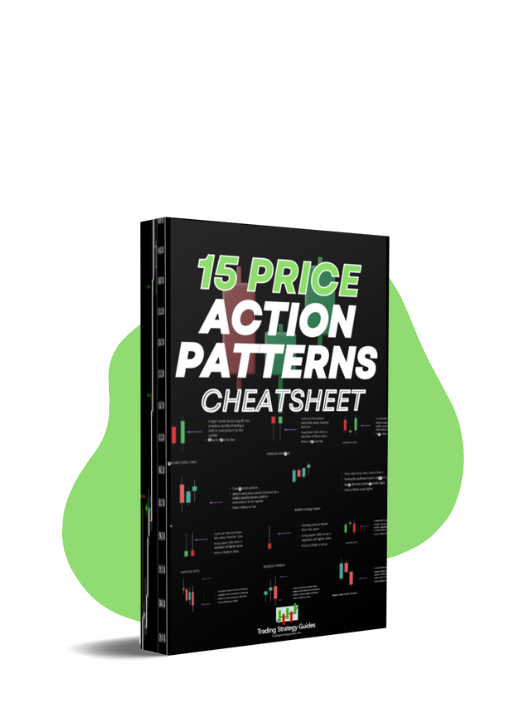
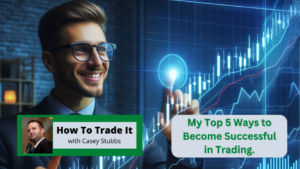
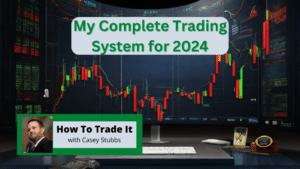
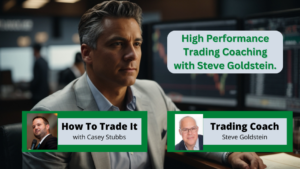
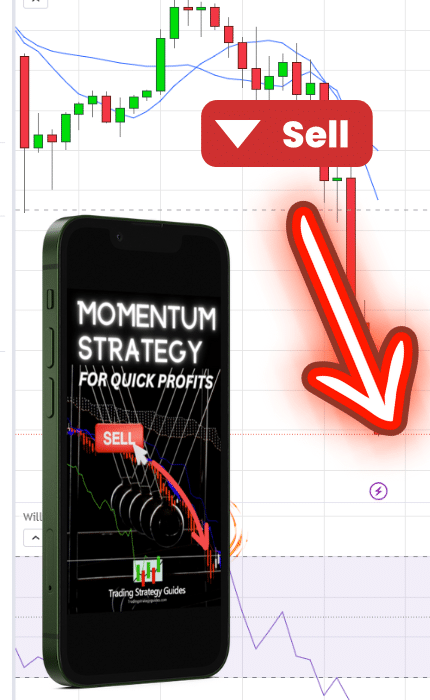


Great interview Casey and Greg!!!!
Thanks